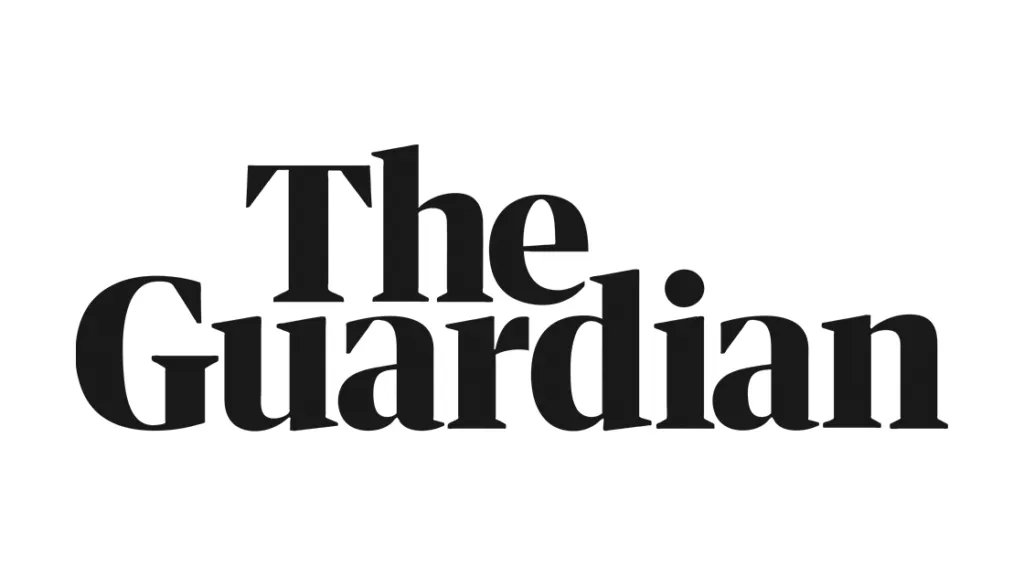The Ripple Effects of Investing in Women
When we invest in women, we invest in a stronger and healthier future for everyone. We invest in longer, more fulfilling lives and more prosperous economies, with billion-dollar returns. Here’s how.
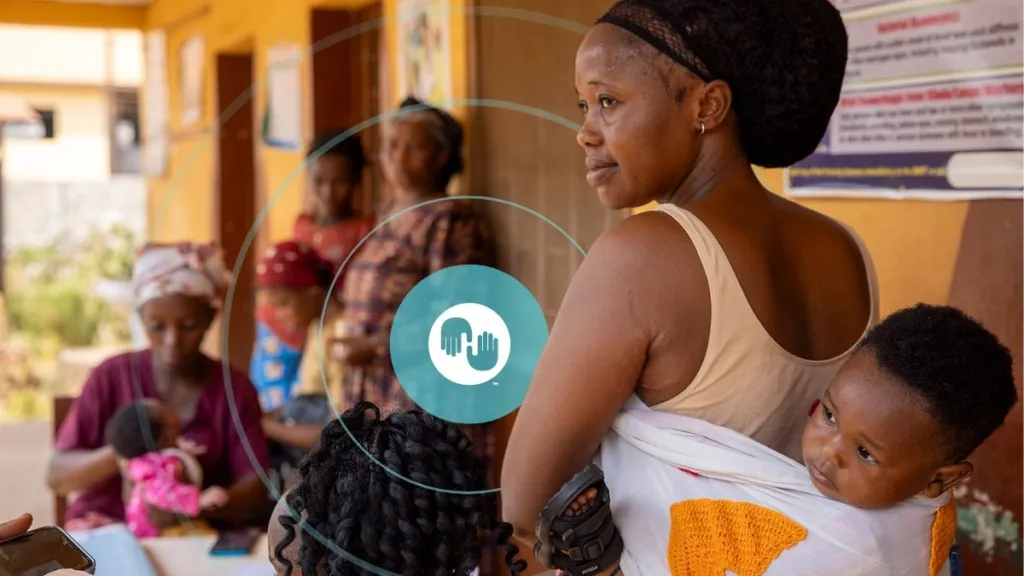
Women spend 25% more time in poor health compared to men. The gap isn’t biological — it’s the result of years of underfunding in women’s health care and research. In the U.S., it wasn’t even until 1993 that women had to be included in federally-funded research.
Investing in women benefits all of society and all facets of health. It leads to better overall population health and speeds up development and productivity for generations to come.
Here are a few of the long-lasting ripple effects of investing in women’s health.
Investing in women’s health could add $1 trillion to the global economy.
When women thrive, economies prosper: Nations that protect and promote women’s health experience greater long-term productivity.
When women have access to health care, they are better able to be present and productive at home, at work, and in their communities — and there are widespread economic benefits.
A recent report from McKinsey Health Institute states that $1 trillion could be added to the global economy every year by supporting women in leading healthier and higher-quality lives. That’s $3 in economic growth for every $1 spent on women’s health, and this is thought to be a conservative estimate.
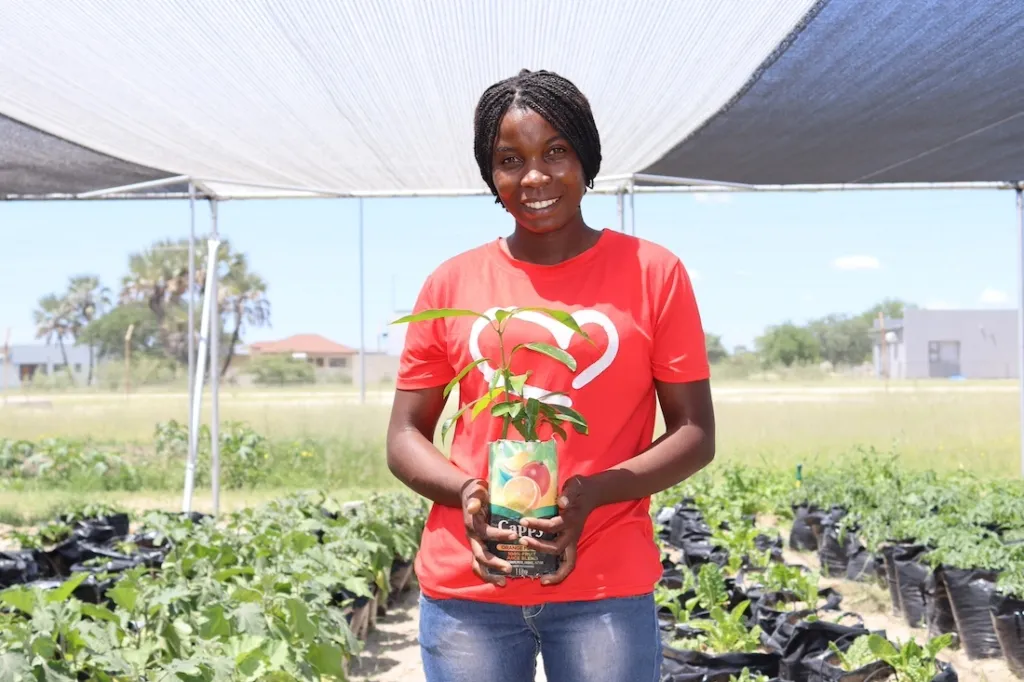
It’s estimated every $1 invested in improving access to family services leads to $120 in health and economic benefits.
When woman have access to maternal health, they are more likely to have fewer children and break out of cycles of poverty.
It’s estimated that if every woman in low- and middle-income countries had access to modern contraceptives and essential health services, unplanned pregnancies would drop by 68% and maternal deaths would drop by 62%. Adequate maternal and newborn care would also reduce newborn deaths by 69% and new HIV infections among babies by 88%.
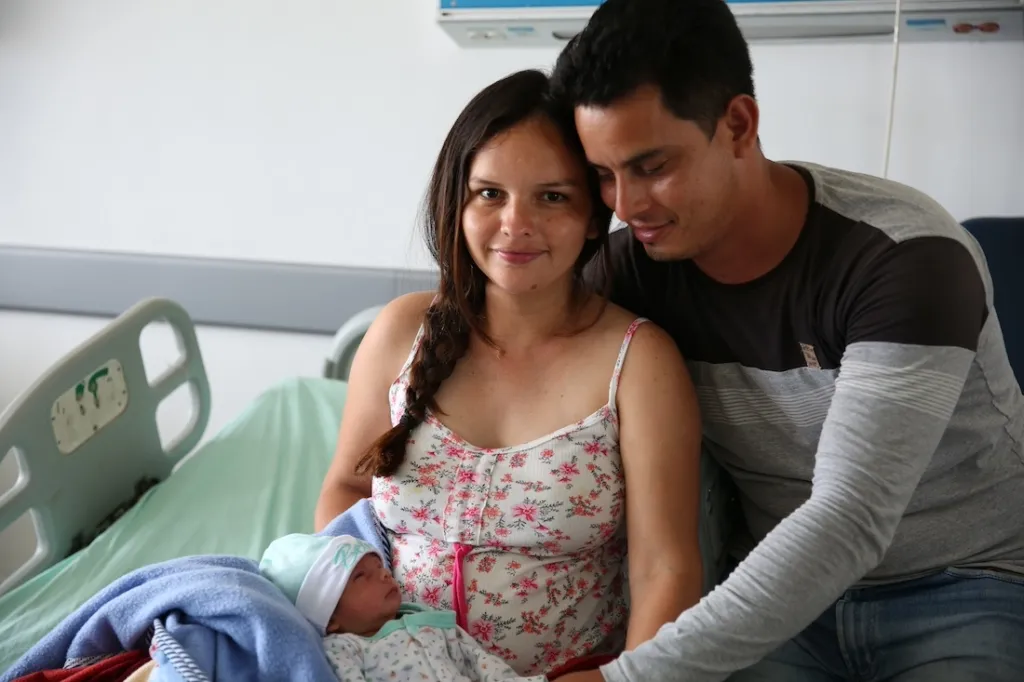
Universal secondary education for girls could eliminate child marriage, significantly reducing the risk of early childbearing and maternal mortality.
When women have access to education, more lives are saved. There’s a strong correlation between women’s health and years of education, with each year of schooling completed increasing the probability of positive change.
An extra year of girls’ education can reduce infant mortality by 10%. With an extra four years of education, a woman’s fertility drops by about one birth.
When women earn more income, their families and communities reap the benefits. It’s estimated that women reinvest as much as 90% of their income back into their families.
Education for women has also become recognized as “the single most important social and economic factor” in reducing vulnerability to natural disasters.
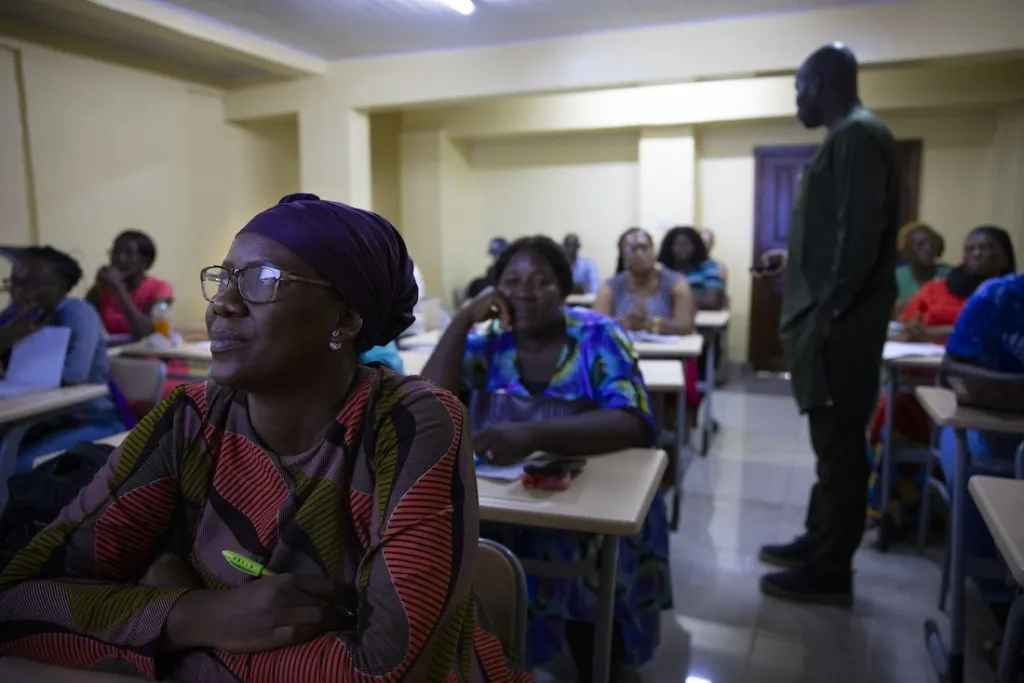
Investing in women’s mental health and well-being protects the mental health and development of their children.
Women are more likely to experience mental health conditions, and when mothers don’t receive the treatment and care they need, their children are more likely to have behavioral problems and perform poorly in school. According to one study, children are twice as likely to develop mental health problems if their parents have mental health conditions.
Investing in women’s mental health needs improves their ability to cope with stress, lead more fulfilled lives, and take better care of those around them. It also means greater well-being and ease for their children, who are less likely to experience behavioral challenges and more likely to do well in school.
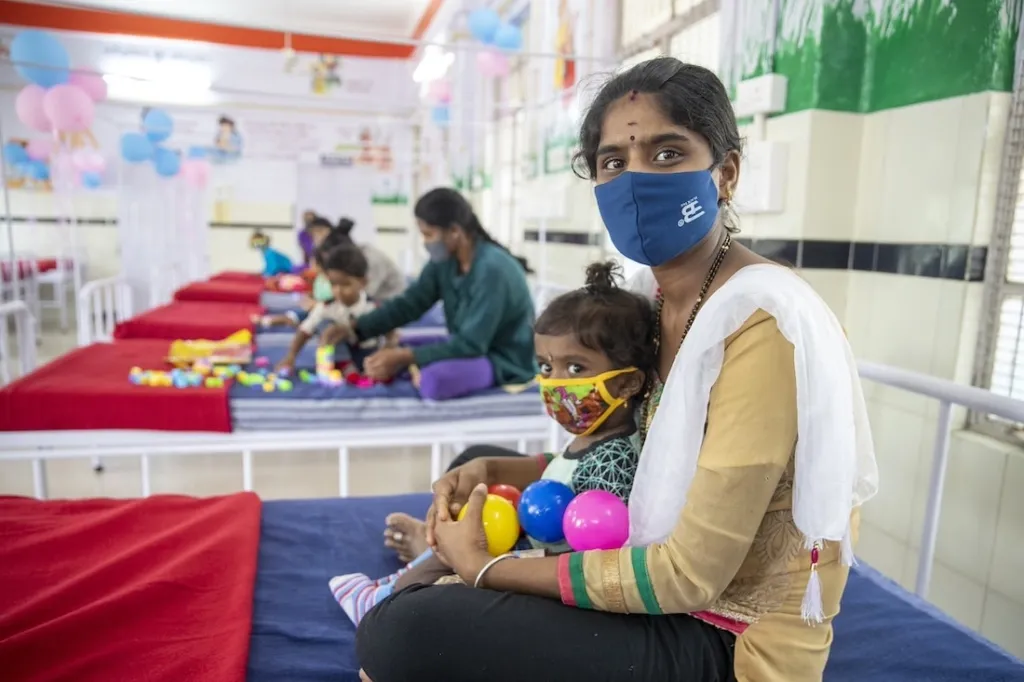
A community that invests in women is a thriving one.
Women are driving forces of positive change, and when they have the health care and resources they need to live their potential, everyone thrives.
A community where every woman has access to quality care is a thriving one. Girls stay in school. They wait longer to get married and they have fewer children. If a woman decides to have a baby, she has access to the pre- and postnatal care services she needs to stay in good health and feel confident about her baby’s health, too. She feels in control of her future, with greater possibility and opportunity to make a sustainable living — and she’s eager to share what she learns with others in her circles. She also has ready access to mental health resources, and the ongoing support she needs to live a longer, more hopeful and gratifying life.

